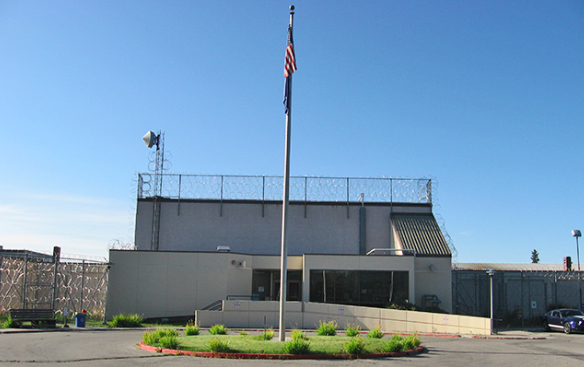House Bill 49 was passed by the House of Representatives and now awaits action by the Senate. It returns most criminal justice laws to how they were prior to SB 91, the law that is blamed for fostering a crime wave in Alaska.
Until HB 49 is signed by the governor, SB 91 is still in effect in Alaska.
This is the third in the series.

[Read about how HB 49 gets tough on sexual assaulters]
[Read about how HB 49 gets tough on drug dealers]
Here is how HB 49 impacts classification of crimes and sentencing:
Misdemeanor Sentencing: HB 49 removes the 30-day presumptive sentence for Class A misdemeanors and returns discretion to judges to impose 0-365 days. It also increases the sentencing range for B misdemeanors from 0-10 days to 0-90 days at the discretion of the judge.
Threats: HB 49 creates a generalized “terroristic threatening” statute to address threats of harm, such as school shootings.
Judicial discretion: HB 49 returns discretion to judges so they can evaluate the seriousness of the threat to public safety as they consider releasing a person before trial.
Felony sentences: HB 49 returns felony sentences to where they were before July, 2016, when SB 91 took effect. The sentencing section of HB 49 completely repeals that section of SB 91.
Probation lengths: The bill increases the maximum probation length for sex felonies to 25 years, and 10 years for all other offenses.
Failure to appear: HB 49 removes the 30-day grace period for failure to appear in court, to ensure better enforcement for defendants appearing in court for hearings and trials.
DUI Mandatory electronic monitoring for first offense: HB 49 eliminates electronic monitoring or house arrest as being mandatory for first time DUI, returning discretion to the Department of Corrections.
Rap sheet: HB 49 allows the APSIN (rap sheet) to be used at grand jury when an element of the offense requires proof of prior convictions.
Involuntary commitments: HB 49 requires the Alaska Court System to transmit information regarding involuntary commitments that have occurred since Jan. 1, 2011 to the Department of Public Safety. This is an update to the system.
PRETRIAL
Presumptions for release on bail: HB 49 removes the need for finding by clear and convincing evidence before monetary bail can be imposed.
Pretrial risk assessment: HB 49 moves the pretrial supervision under probation and eliminates the requirement to consider the person’s pretrial risk assessment score.
Bail review hearings: Although the inability to pay bail is removed through this bill, it allows a person to receive one bail review hearing if they cannot post the required bail and they made a good faith effort.
Increase use of video-teleconferencing: HB 49 encourages the use of videoconferencing for all pretrial court hearings to save the state money.
Next in the series: Changes to probation and parole.

“Felony sentences: HB 49 returns felony sentences to where they were before July, 2016, when SB 91 took effect. The sentencing section of HB 49 completely repeals that section of SB 91.”
That’s not quite correct: a first A felony used to have a presumptive range of 5-8 years; HB 49 makes it 4-7 years. And a second B felony used to be 4-7 years; HB 49 makes it 3-7 years. Still a big improvement over SB 91, but it’s not a complete repeal.
Comments are closed.